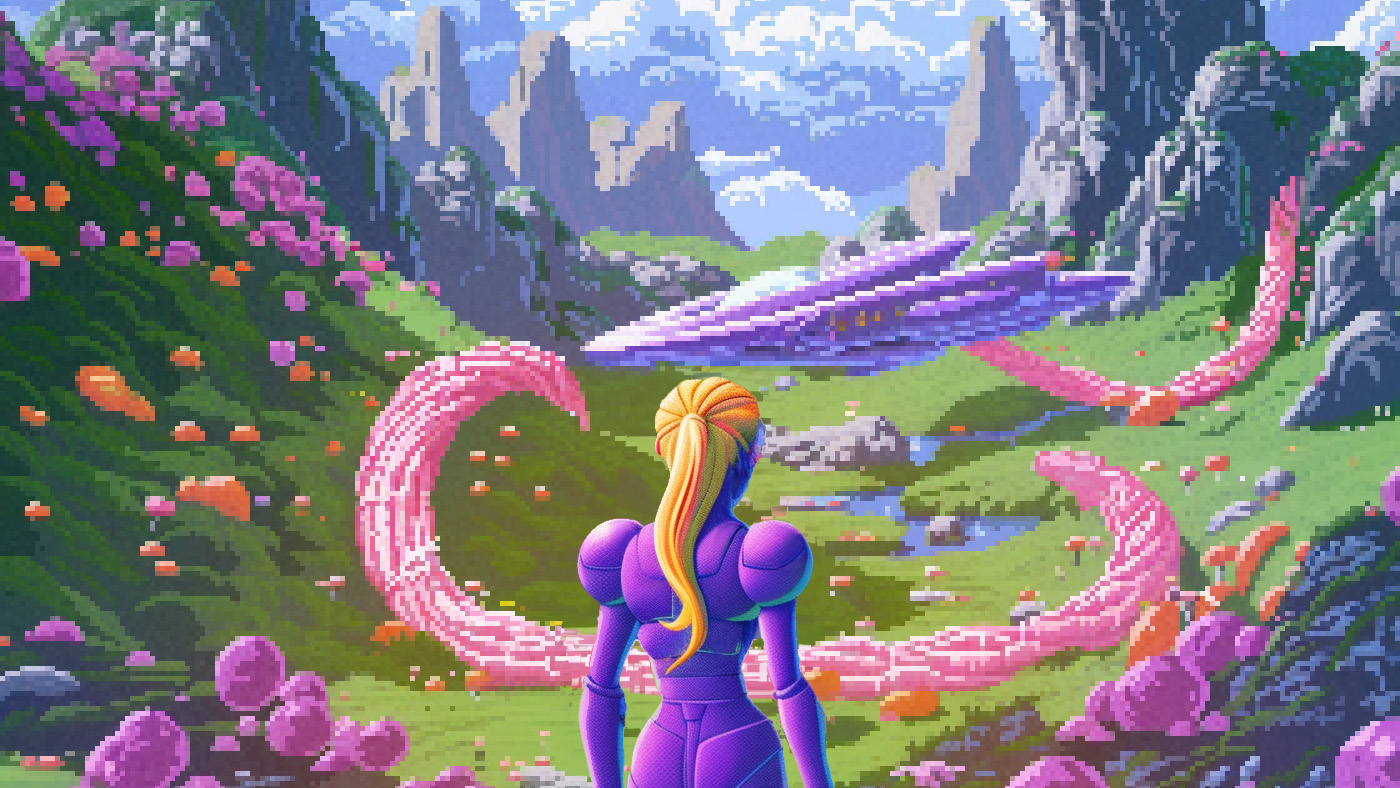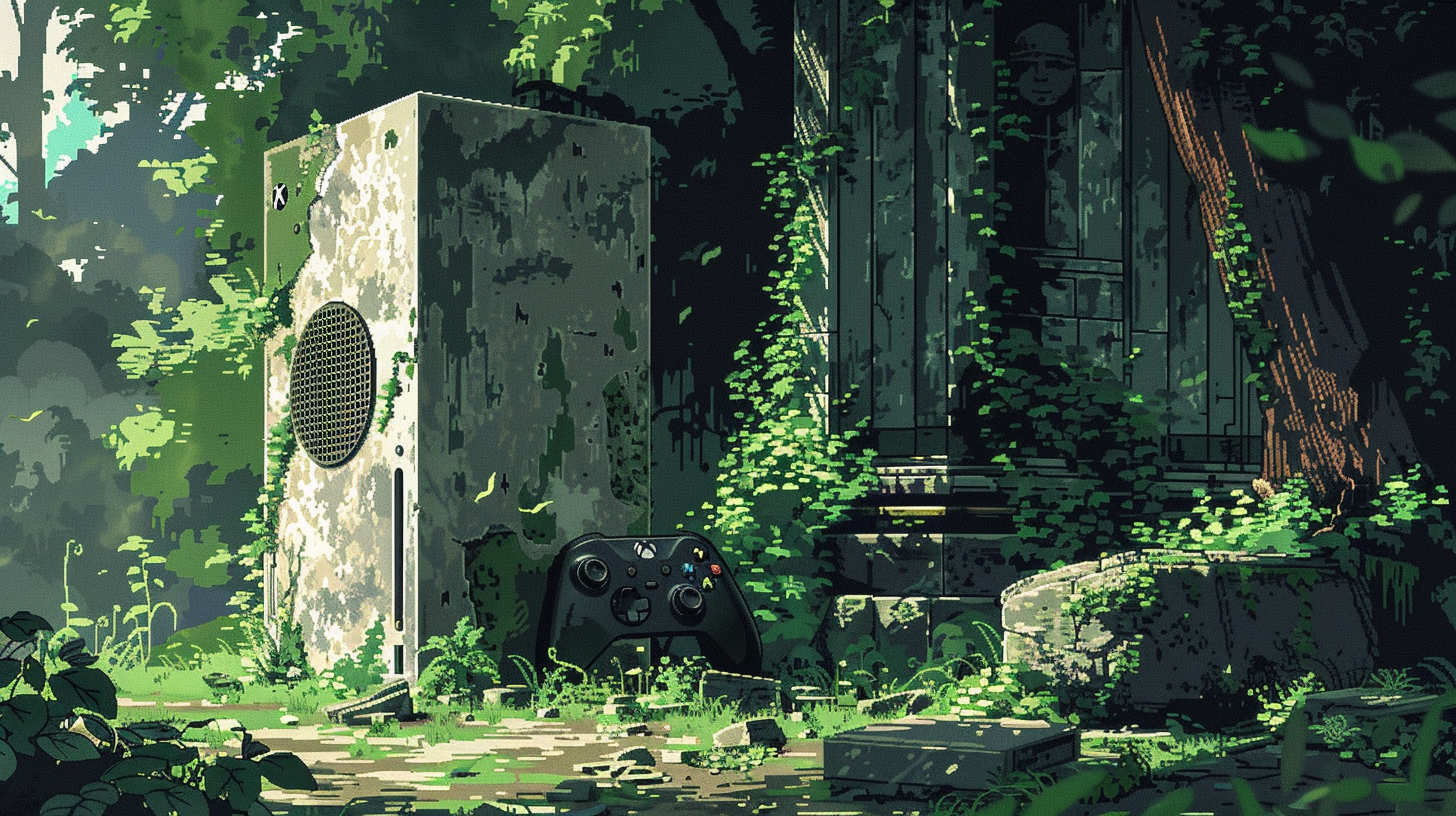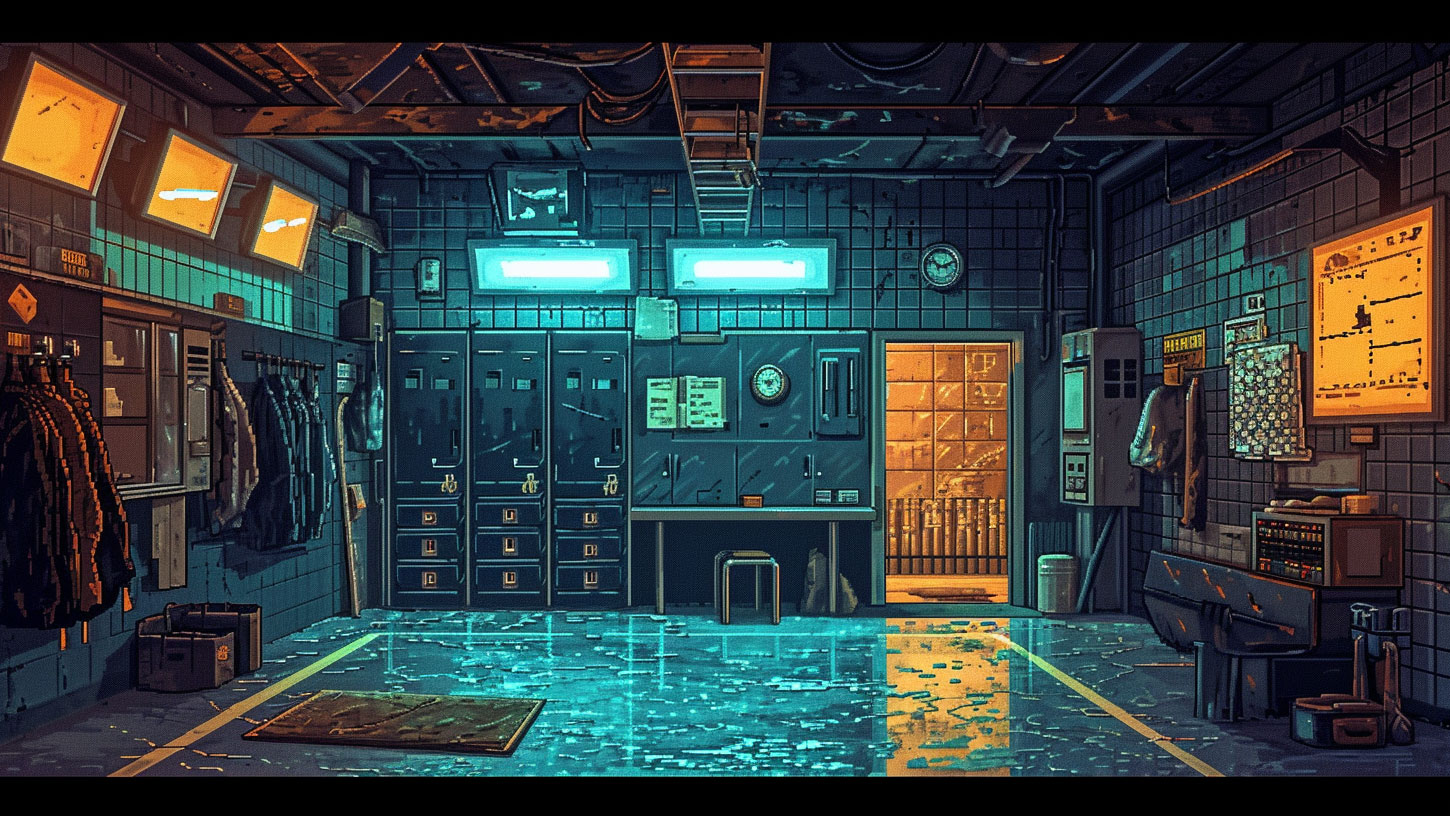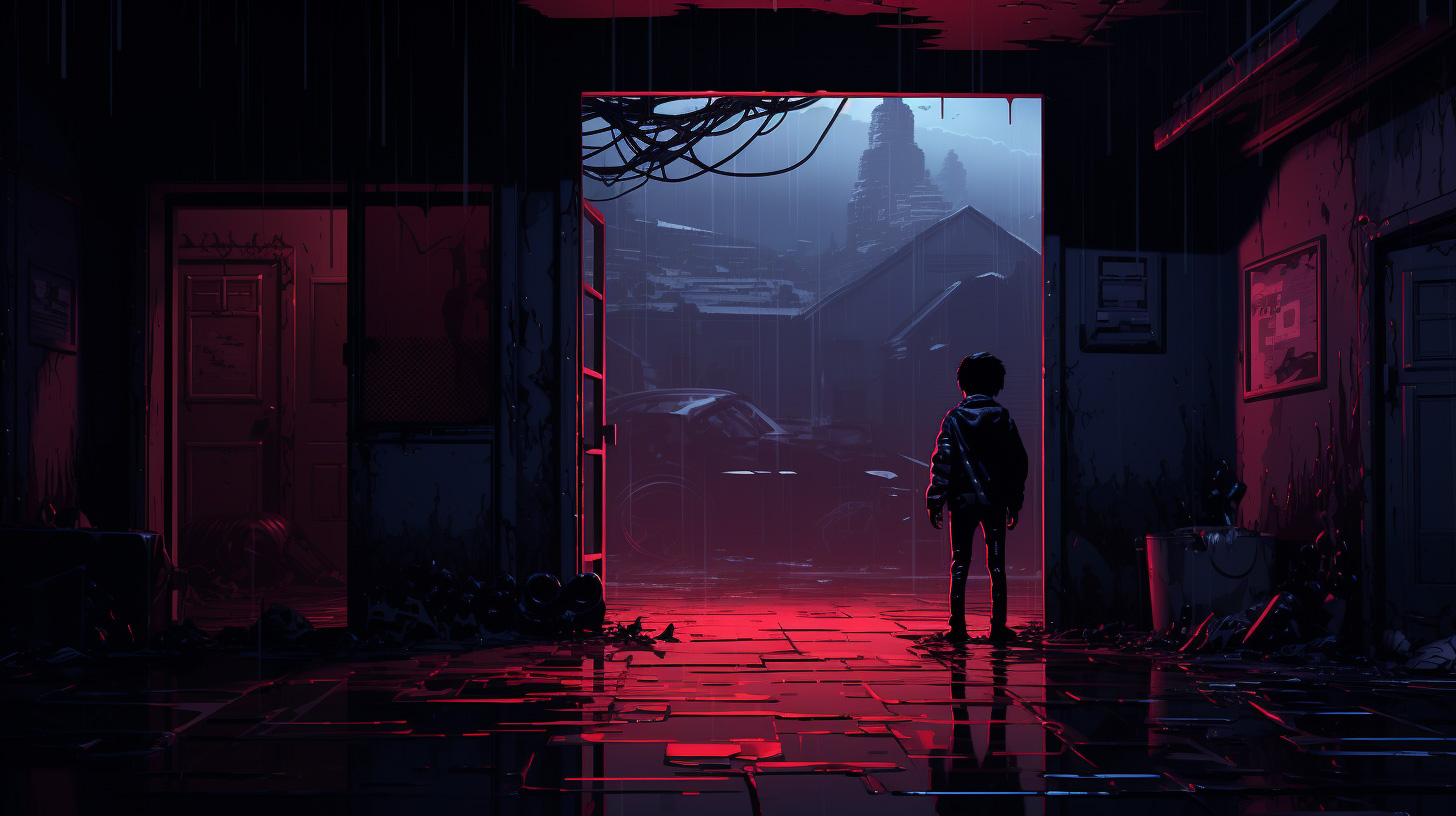I sat down with my 14-year-old daughter this week and pulled out my phone, fired up the ChatGPT app and showed her the voice version of GPT-4. It’s only available on the app and only for paid customers. After talking with and listening to the AI for a while, we both started laughing.
“It’s like the future,” she said.
Indeed it is. It’s so good it’s funny. You take something that has already become workaday – ChatGPT – and combine it with a voice assistant – like Siri, but better – and suddenly you’re in the future.
“Hey. I’m having trouble with my dog. He doesn’t want to come to the top part of our house. He seems to have psychological problems.”
“I’m sorry to hear your dog is having trouble. It sounds like he might be anxious or scared about something. Have there been any changes in the house recently?“
The conversion went on like this, and the AI offered what felt like pretty good advice about our crazy dog. It wasn’t groundbreaking advice, it wasn’t incredibly insightful, but it was solid.
To sign up to this newsletter, enter your email, tick the box and click subscribe!
I was talking, the AI was listening, and then responding with better advice than you might get from many real people.
ChatGPT has been able to do this in text for over a year, but I can’t tell you what a difference it makes that this was a real conversation. I’d made it a point to show my daughter because it felt like history.
Just for now, for this moment, this is astounding. It may not be in a few weeks time, but for now it’s worth the $20 a month just to experience that. And laugh.
RIP art budget
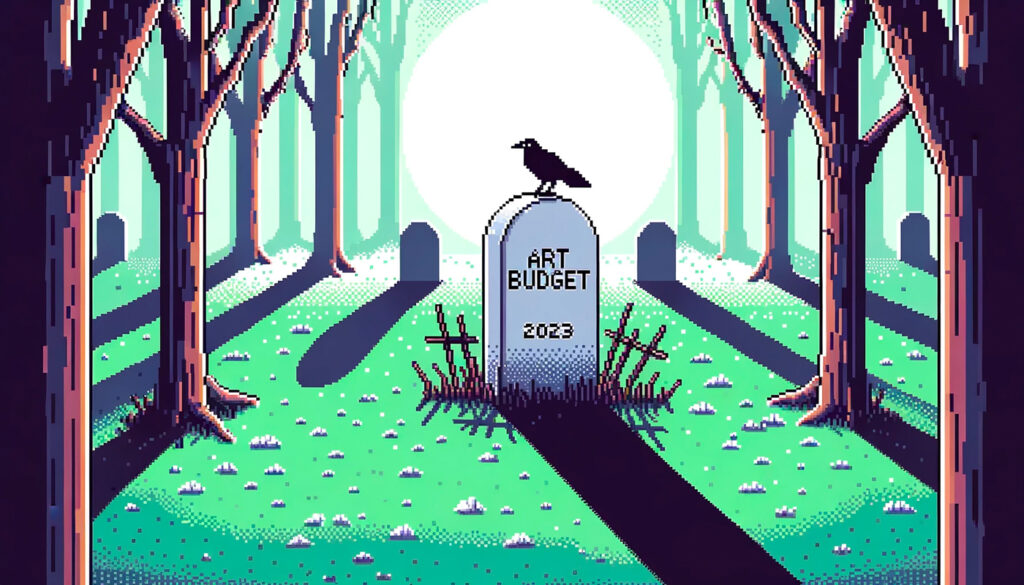
Robbie Ferguson, co-founder of web3 gaming tech company Immutable, spoke about the impact of AI on development at the SXSW conference in Sydney this week. A lot of game developers have played AI down, noting the limitations of auto-generated art or conversation.
Not Robbie: he said Immutable has been able to slash its $1m/year art budget almost to nothing using image generator MidJourney (credit BusinessDesk for the reporting on this, see below). As well as this, Immutable is making extensive use of AI coding assistance using the “Copilot” feature on Github, enabled through Microsoft’s ownership of OpenAI. He said this sped up development by 40%.
The use of AI code generators by developers has become standard practice. This week I spoke to a former colleague working at a platform startup, and he was effusive about how useful LLMs (large language models) were for developers.
“It’s probably like you with writing,” he said. “Because I’m a developer and I already know what I want to do, I can save huge amounts of time Googling stuff by just asking the AI to write it.”
He went on to opine that the coding forums and repositories that have helped developers for decades are dead, also noting that it was these forums that actually trained the coding LLMs.
“I don’t know how they are going to train the future AIs,” he said. “Also, there’s a big problem with recency with the AIs, if anything has changed in the last two years you have a problem.”
There are several problems/trends flagged here:
- Impact of coding efficiency on developer employment
- Impact of image generators on 2D artists specifically
- Bypassing of Google as a means to solve problems
- Long-term source of training material for AIs
I’m not actually going to go into all of these today, because I don’t want this to be some kind of dirge. But there’s one bigger issue closer to my heart around the creation of content.
“It’s pretty clear that content as a cost is going to be completely commoditised,” Ferguson said at SXSW. If I think about what MidJourney has done for things like this newsletter, I am tempted to agree.
Not yet, but someday
Big-picture thinkers like Ferguson are apt to move to extremes quickly. How long will it be before ChatGPT can write well? At the moment I find myself more and more disenchanted with the soulless copy I see produced by it. Actually, as the AI developers reduce their appetite for risk and make the models “safer”, it seems that the writing is getting worse. I’ve started to hate the flavour.
Contrary to what my developer friend said, I don’t find ChatGPT very useful professionally. For example, I never use it for this newsletter. It’s just too boring. If it ever became less than boring, it would be a lie.
Artists might feel the same way about MidJourney, but there are relevant differences, just as there are with AI coding. Drawing manually takes an awfully long time, and using AI to build frameworks and render images could save a lot of time.
Our current wave of AIs, trained on massive aggregations of human-produced content, are representations of the collective. As yet they are only sophisticated mirrors. But I think that will change, and it seems to me that almost every aspect of content creation will be possible to synthesise.
The developments are coming thick and fast. And as with voice GPT, there will be refinements and amalgamations of the technology that are truly revolutionary.
Gods Unchained off the platform
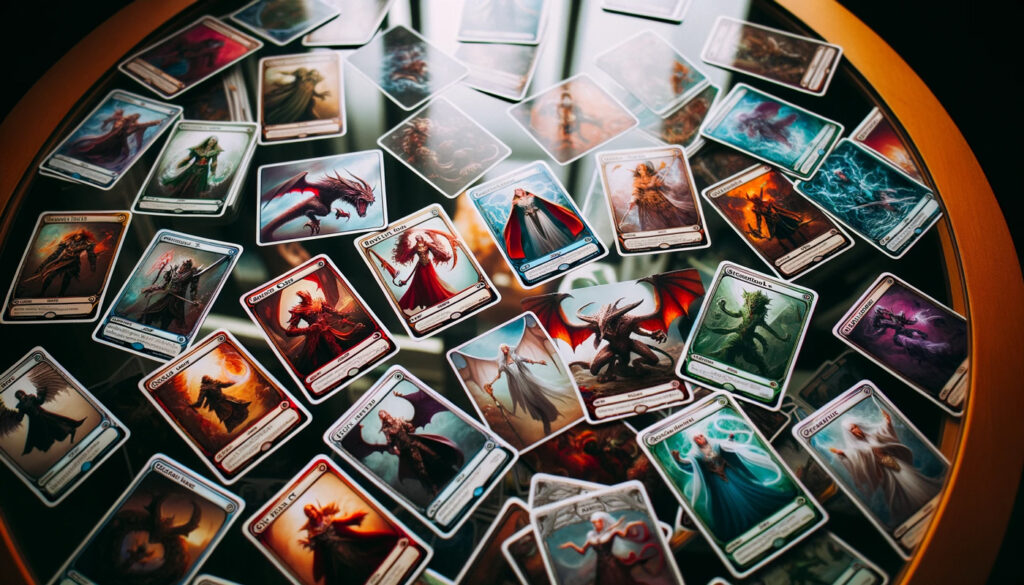
One of the reasons Immutable used to spend a million bucks a year on art was that it publishes the blockchain trading card game (TCG) God’s Unchained. Artwork is absolutely central to TCGs (and to most computer games, come to think of it). Interestingly, God’s Unchained has been booted off the Epic Game Store, having only debuted there in June.
You may remember that Epic – maker of Fortnite – has a more blockchain friendly game store than the dominant player, Steam. Now, apparently there has been some problem with God’s Unchained. Our sources indicate GU picked up an ESRB 18+ rating because it gives away NFTs, but we haven’t confirmed this, and don’t understand why that would result in it being thrown off Epic in any case. If you know anything please send word – you can simply reply to this newsletter.
Boss of Yuga dumps on own game
Late last year, Daniel Alegre was appointed CEO of Yuga Labs, creator of the Bored Ape Yacht Club. Since then Yuga has been extremely active, launching two games, hosting “experiences” in the Otherside metaverse, and generally trying to keep their community of Apes happy. See this piece for the full story, the essence is that to make games you need to employ people who know how to makes games: “We need to rely on seasoned gaming partners to help build our experiences”. Read
One more thing …
When I had finished speaking with the ChatGPT voice assistant about my troubled dog, I asked for the assistant’s name. The illusion that I was speaking to something real, to some entity with agency, was so strong that it seemed improper for it to remain nameless.
“I’m just a virtual assistant created by OpenAI, so I don’t have a personal name. But you can call me whatever you like! If you have any more questions or need further assistance, feel free to ask.”
OpenAI really need to fix this immediately. It may be accurate, but it feels deeply wrong. We don’t want to train people to treat human-like things poorly.
I am indebted to Peter Griffin, tech columnist for NZ’s BusinessDesk, for his report on Ferguson’s panel at SXSW, from which I have taken the quotes above.
This is the online version of the Polemos weekly newsletter. Sign up!



